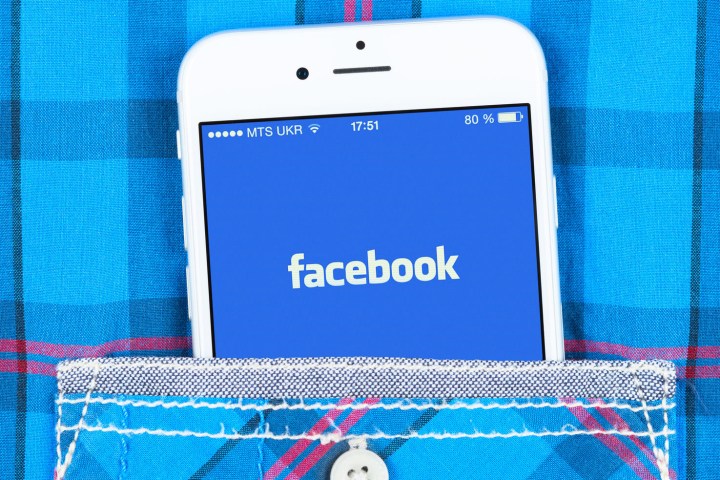
Net neutrality is the idea that all content, websites, and platforms should be treated equally — just like electric service providers do not care if you are plugging in a toaster or a computer, the internet should not be limited based on certain factors. Facebook’s Free Basics internet, while free, does not offer the entire world wide web for free, prioritizing, of course, websites like Facebook but also including many popular websites like Acu Weather, BBC News, and Wikipedia.
Free Basics, the report by Global Voices suggests, is available in 63 countries but even in multi-lingual areas only has one language. While the free internet access is provided in Africa, Asia, and Latin America, the limited content available favors the U.S. and the U.K. and not local content, the study claims.
Facebook says that Free Basics, part of the social media company’s Internet.org initiative, is designed to bring the information available on the internet including news, maternal health, local jobs, and local government to areas that are underserved.
Global Voices does say that “some internet is better than none,” but says that the websites and services that are currently available do not meet the biggest needs of those areas. Facebook also collects data from Free Basics users across all websites, not just where they click on Facebook.
Facebook says that the study includes several inaccuracies and is based only on a small number of users in a small number of countries.
“Our goal with Free Basics is to help more people experience the value and relevance of connectivity through an open and free platform,” a Facebook spokesperson told Digital Trends. “The study released by Global Voices, and the subsequent article in the Guardian, include significant inaccuracies. The study, based on a small group of Global Voices contributors in only a handful of countries, does not reflect the experiences of the millions of people in more than 65 countries who have benefited from Free Basics.”



